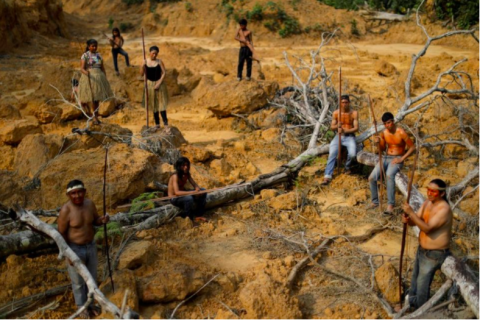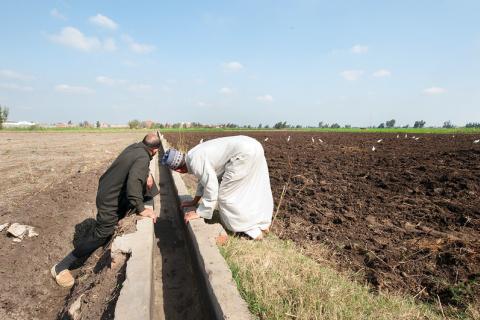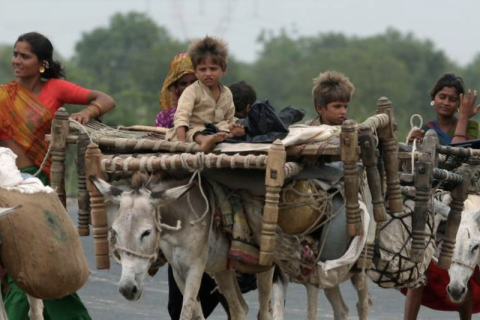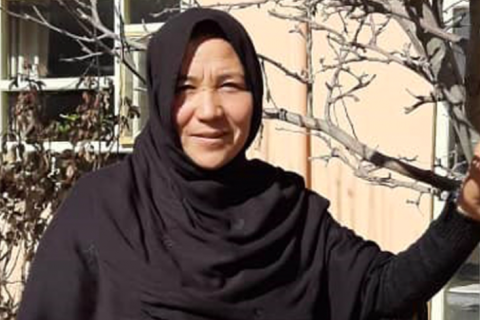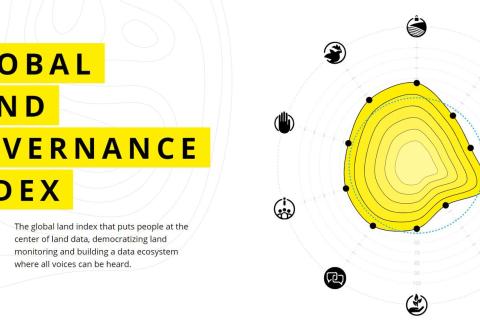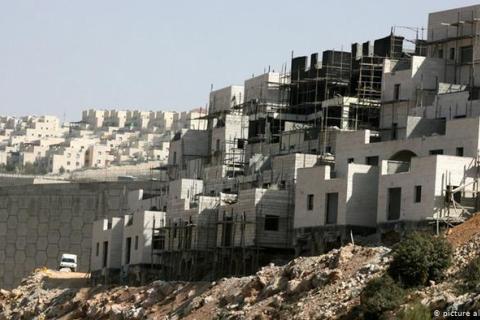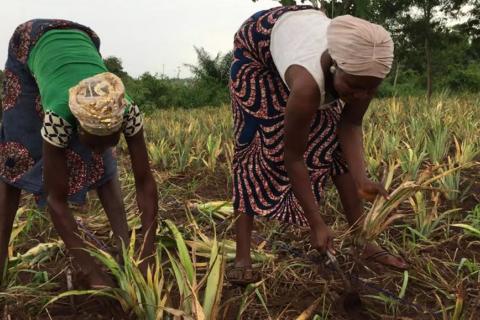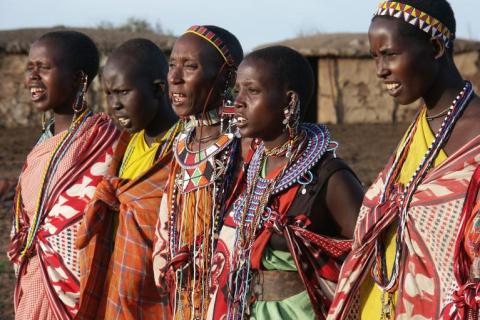How Community & Women’s Land Rights Relate To Climate and COVID-19 Vulnerability and Resilience
This session zoomed in on the local situation and challenges faced by grassroots communities and women in some low-Income countries. It provided an overview of support provided by Civil Society organizations (and governments) facilitating communities, women in particular, to step up the efforts to strengthen their land rights and to generate resilience in face of the climate and COVID-19 challenges they are facing.
More secure land tenure provides much better opportunities to face climate and COVID-19 challenges by investing in high biodiversity local food & income systems.


